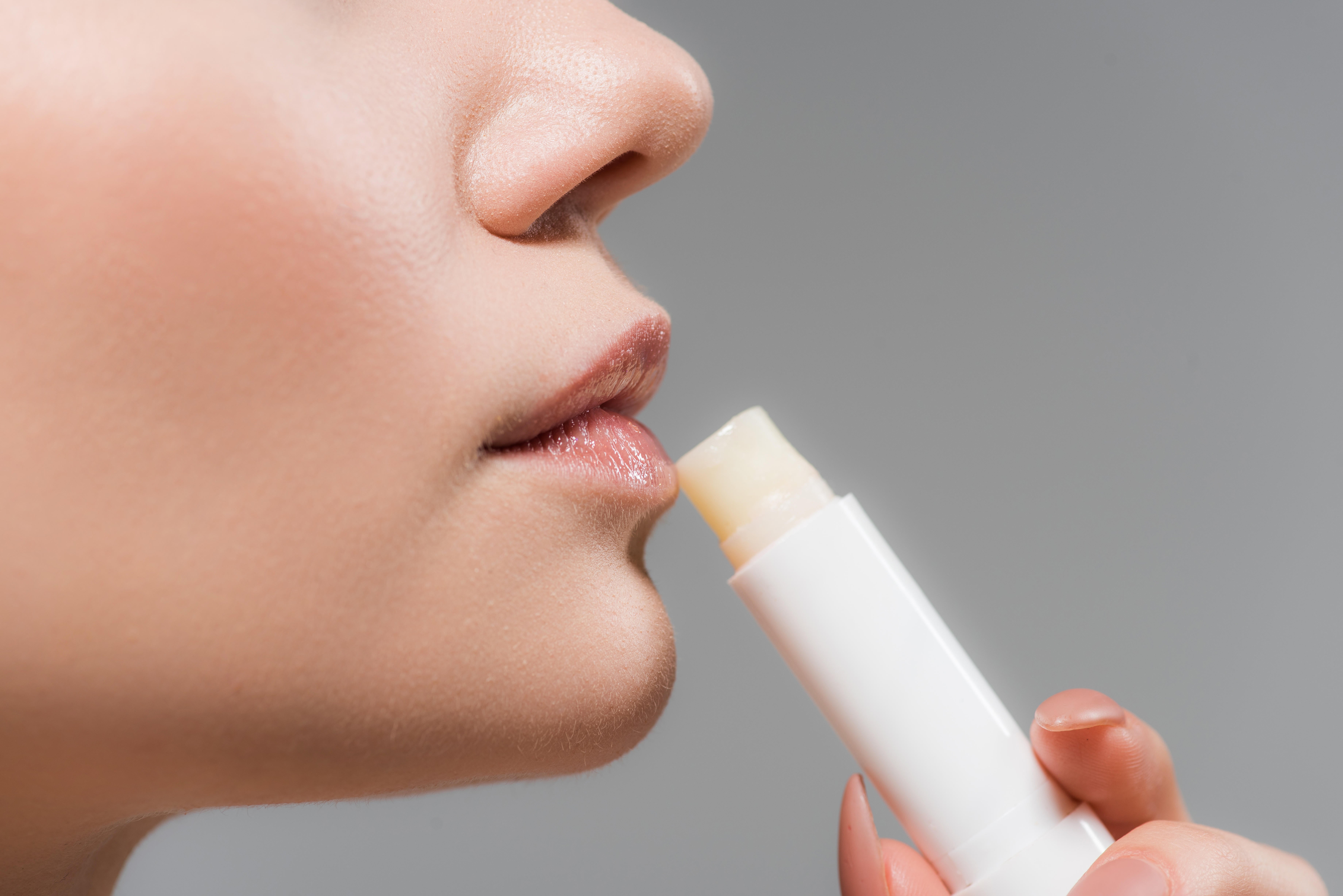
Sexually transmitted infections (STIs) are on the rise, with an increase of almost 5% diagnosis between 2022 and 2023.
Herpes, in particular, is one of the most commonly diagnosed STIs, with over 25,000 cases reported in the UK in 2023, according to government figures.
Worldwide, more than 846 million people are living with the infection, including 1 in 5 people younger than 50, researchers reported in the journal Sexually Transmitted Infections in 2020.
But what is herpes and what should you do if your diagnosed? We spoke with health experts to help open the conversation.
What is herpes?
Herpes is caused by the herpes simplex virus, (HSV), Dr Hana Patel, working with Superdrug Online Doctor explains.
“There are two types: HSV-1, which usually causes cold sores around your mouth, and HSV-2, which typically shows up as sores in the genital area,” she says.
Although it is a lifelong condition, Patel reassures: “Don’t panic – it’s manageable, and many people live with it without issues.”
How do you get herpes?
Herpes spreads through close skin-to-skin contact such as kissing, oral sex, or any sexual activity involving the affected area.
However, HSV-1 can also be spread through a shared utensil or lap balm.

What are flare-ups?
Flare-ups of herpes occur when the virus becomes active after being dormant.
Triggers for these outbreaks can include stress, feeling run down, illness, fatigue, hormonal changes, or friction during sexual activity.
Common signs include painful blisters, tingling, or itching around the mouth or genitals, Patel says.
“Some people feel a weird “warning tingle” before an outbreak,” she adds. “However, many people never even know they have herpes because they don’t show symptoms.”
Both HSV-1 and HSV-2 are most contagious when sores are present but can also be transmitted when no symptoms are felt or visible, according to the World Health Organisation.
Can I avoid gettingor spreading herpes?
Recent research by Superdrug Online Doctor found that 80% of Brits are not using condoms when having sex with a new partner
To reduce the risk of genital herpes, use condoms which will reduce the risk of transmission (but not by 100%).
Additionally, avoid kissing or close contact with someone who has visible sores, and also prioritise open conversations about sexual health with your partner.
What should you do if you’re diagnosed?
“First breathe,” says Patel, assuring that herpes is more common that people think, the first step is to see your doctor to discuss antiviral treatments that can help manage symptoms and outbreaks.
“Learn about your condition and how to reduce flare-ups – it’s all about taking control. And remember, this doesn’t define you or your relationships.”

How to mentally cope with a disgnosis
Some research has suggested that there may be a link between herpes and depression. A 2018 study published in Psychiatry Research found that people with HSV-2 were more commonly prescribed antidepressants than people with HSV-1.
A 2020 study also found that there was also an association between HSV-1 and depression.
“Many people feel embarrassed, anxious, or even ashamed,” Patel says. However, these feelings often come from stigma, not the condition itself.”
She advises to talk to a trusted doctor, therapist, or support group to help shift your mindset. “You’re not alone, and it’s OK to feel what you feel,” she says.

How do you tell your partner?
Patel says when we talk openly about herpes, we help normalise it and make it easier for people to get the care and support they need.
A recent study found only around half of people disclosed or believed they should disclose an STI to a partner before having sex.
Common reasons for not telling a sexual partner about an STI included fear about how their partner would respond, and fear of rejection by their partner.
However, Patel says honesty is always the best policy. “Choose a private, relaxed moment to have the conversation, and come prepared with facts,” she says.
“Explain how you manage the condition and what you’re doing to prevent transmission. Keep it simple and reassure your partner – this doesn’t mean the end of intimacy.”What is the treatment?
Oral herpes is generally treated with acyclovir cream, normally for about a week to ten days.
“If it is severe then you can take oral anti-viral tablets, the same is true with genital herpes in that you can often be prescribed an anti-viral cream if it is mild,” Patel says.
“However, if it is more significant and recurring then a course of anti-viral medication will supress the symptoms.”







